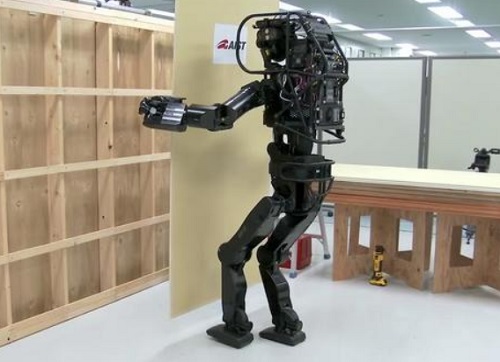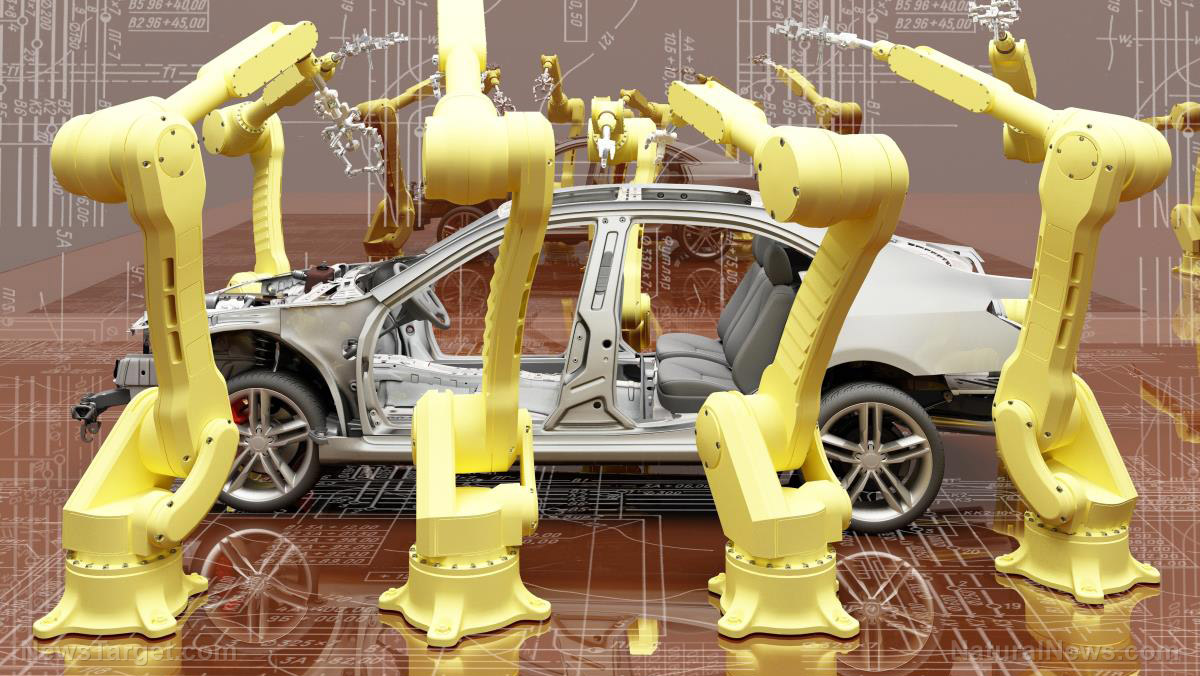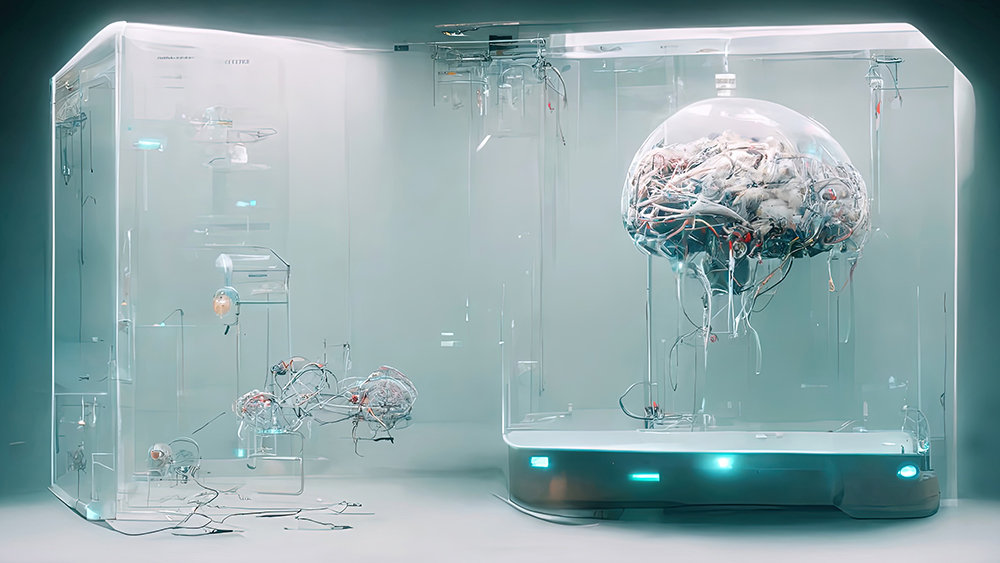U.S., Canadian AI companies COLLABORATE with Chinese experts to shape international AI policy
01/16/2024 / By Laura Harris

Leading American and Canadian artificial intelligence companies have been engaged in discreet collaborations with Chinese AI experts to shape international AI policy.
The AI companies, including OpenAI, Anthropic and Cohere, reportedly joined the discussions on mitigating technology risks and establishing global standards in Geneva in July and October 2023. The Geneva meetings, facilitated by the private mediation organization Shaikh Group, received support from the White House, the United Kingdom and Chinese government officials.
According to multiple sources, scientists and policy experts from leading North American AI organizations participated in these covert diplomatic talks alongside representatives from the Chinese Communist Party-backed Tsinghua University and other state-backed institutions. The discussion focused on the potential risks associated with advanced AI technology, ranging from misinformation to threats against social cohesion. The participants also delved into the importance of investing in safety research to ensure the responsible development of AI.
An unnamed negotiator who attended the sessions highlighted the significance of fostering international consensus, especially between the U.S. and China, to establish global AI safety and alignment standards. The progress made during these talks reportedly played a role in shaping discussions at the United Nations Security Council meeting on AI in July and the United Kingdom’s AI summit in November. Plans for future discussions are already underway, focusing on scientific and technical proposals to align AI systems with legal codes, societal norms and values.
However, major Chinese AI companies such as ByteDance, Tencent and Baidu did not participate in the talks. Google DeepMind, while briefed on the discussions, did not attend either.
AI makers now fear their own tech
The once-celebrated deployment of AI technologies is now shadowed by fears of negative impacts, such as job losses and ethical concerns. For instance, the release of ChatGPT has brought the attention of the public to the potential biases, discrimination and job displacement associated with AI, prompting companies to reconsider their strategies.
Moreover, the recent dismissal and swift reinstatement of OpenAI CEO Sam Altman a few months ago have ignited a storm of speculation that it is reportedly linked to rumors surrounding a groundbreaking development in artificial general intelligence (AGI) known as Q*.
Some staff researchers at OpenAI allegedly penned a letter to the company board outlining the details of Q*, pronounced as Q-Star, claiming it enables AI robots to “surpass humans in most economically valuable tasks.” While these claims have not been proven, Reuters reported on the alleged breakthrough, suggesting it played a pivotal role in the abrupt termination of Altman.
Concerns have arisen regarding the accelerated pace of commercializing this advanced AI model without adequate consideration of its potential socio-economic consequences. Critics argue that such rapid advancement may pose risks to humanity and warrant thorough ethical scrutiny before any widespread implementation.
According to an anonymous inside source, Q* currently demonstrates the ability to solve mathematical problems but only “on the level of grade-school students.” Despite its limited scope, the perfect performance on these math problems has sparked enthusiasm among researchers, who express optimism about the future potential of Q*.
Before his dismissal, Altman referred to Q* during the recent Asia-Pacific Economic Cooperation in San Francisco. In his statement, Altman said: “Four times now in the history of OpenAI—the most recent time was just in the last couple of weeks—I’ve gotten to be in the room when we sort of push the veil of ignorance back and the frontier of discovery forward.”
Within OpenAI, there seems to be a disagreement among its members regarding the pace of technological advancement. On one side, some advocate for swift progress, wanting the technology to move forward rapidly, while others prefer a more cautious approach, suggesting a slowdown until there is a better understanding of the potential impact of the technology on the world.
Good news for us humans: the AI robots we have now are not as advanced as real human minds, and we want them to stay that way. Currently, even Q* can only handle tasks at a grade school level. But then, no one can deny the fact of its potential.
“AGI has the potential to surpass humans in every field, including creativity, problem-solving, decision-making, language understanding, etc., raising concerns about massive job displacement,” one report explains.
CommunistChina.news has more stories about Chinese hackers stealing intellectual property at the behest of Beijing.
Watch the late economics professor Martin Feldstein discussing concerns about Chinese intellectual property theft below.
This video is from the NewsClips channel on Brighteon.com.
More related stories:
Tech firms developing and deploying AI that can deceptively MIMIC HUMAN BEHAVIOR.
UK government conspired with Big Tech, AI firms to monitor and censor lockdown critics: REPORT.
China using AI technology to IMPERSONATE U.S. voters, Microsoft confirms.
More sophisticated Chinese cyberattacks target US firms, government agencies, defense contractors.
Chinese hackers STEAL intellectual property from more than 30 companies.
Sources include:
Submit a correction >>
Tagged Under:
AI, artificial intelligence, big government, Big Tech, Canada, China, computing, conspiracy, cyber war, cyborg, Dangerous, future science, future tech, Glitch, information technology, inventions, robotics, robots, tech giants, technocrats, United States
This article may contain statements that reflect the opinion of the author
RECENT NEWS & ARTICLES
COPYRIGHT © 2017 ROBOTS NEWS



















